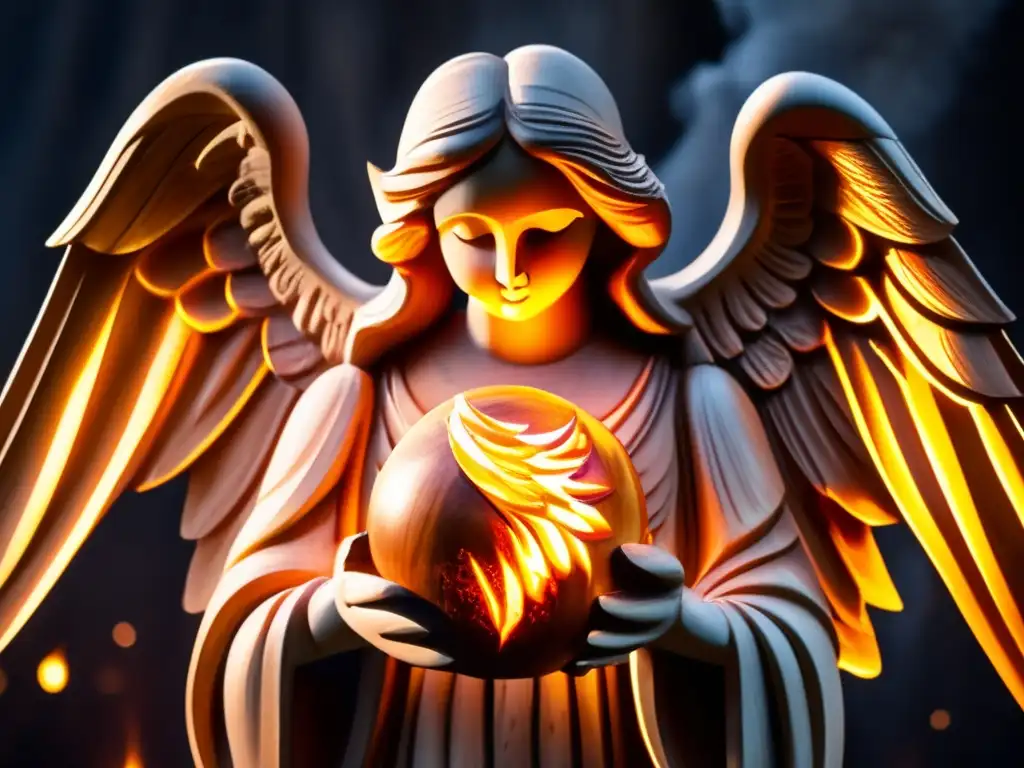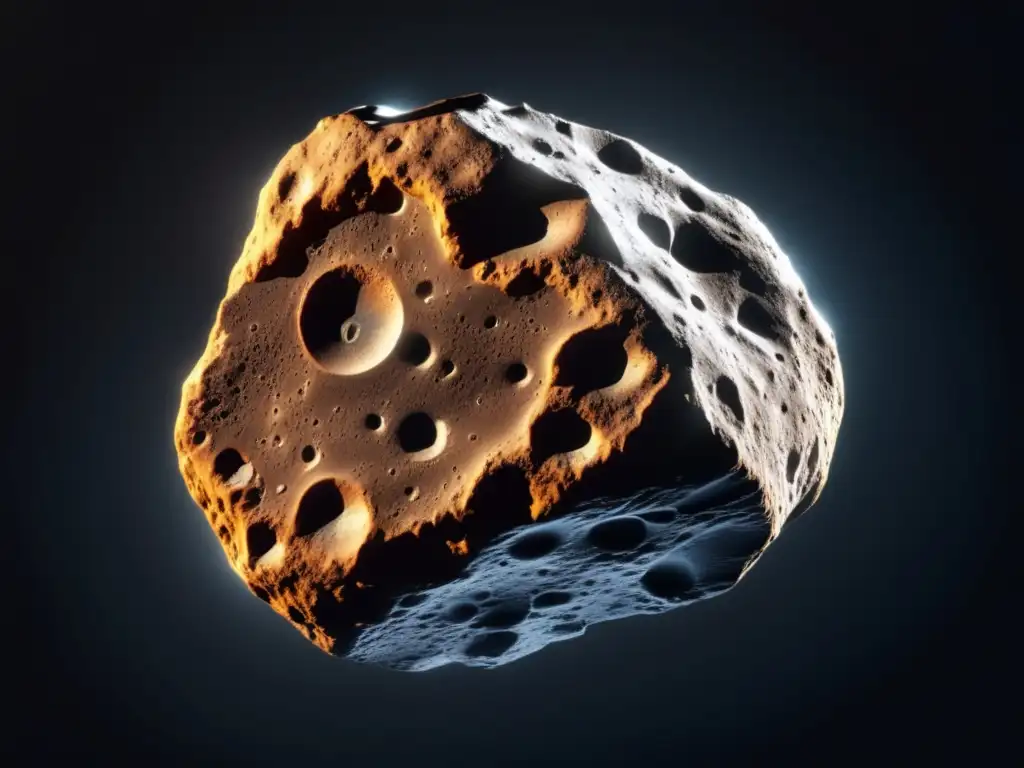Heavenly Fires: Asteroids In Medieval European Legends

Introduction
The study of asteroids goes beyond the scientific realm and delves into mythology. The ancient Greeks believed that these celestial objects were divine messengers, while medieval Europeans considered them to be harbingers of doom. This article will focus on the asteroid mythology found in medieval European legends.
The Fall of Angels

The Biblical Reference to Heavenly Bodies
In the Old Testament, the Book of Genesis mentions "and God said, let there be lights in the firmament of the heaven to divide the day from the night." This refers to the creation of the sun, moon, and stars, including asteroids.
The Legend of Lucifer
According to the Bible, Lucifer was once a powerful angel who rebelled against God and was cast out of heaven. In medieval European legends, it was believed that his fall from grace caused the creation of asteroids and comets.
The Portent of Doom
In medieval Europe, it was believed that the sighting of a comet or asteroid was a sign of impending doom, often interpreted as the wrath of God or a warning of an upcoming disaster, such as war or famine.
The Gifts of the Magi

The Biblical Account of the Wise Men
In the New Testament, the story of the wise men from the East who brought gifts to the baby Jesus is recounted. According to the Bible, they followed a bright star in the sky to find the location of Jesus' birth.
The Legend of the Star of Bethlehem
Medieval Europeans believed that the bright star mentioned in the Bible was a comet or an asteroid. In fact, some medieval depictions of the Nativity scene show a comet or asteroid in the sky instead of a star.
The Significance of Asteroids as Gifts
Asteroids were often seen as valuable and precious gifts from the heavens, as evidenced by the wise men bringing them to Jesus. They were also believed to have healing properties, and some people would wear pieces of asteroids as amulets or talismans for good luck and protection.
The Wrath of God

The Great Flood
In the Bible, the story of Noah's Ark is told, where God sends a flood to wipe out humanity. Some medieval Europeans believed that the flood was caused by a massive asteroid impact, rather than divine intervention.
The Legend of Atlantis
According to Plato, the lost city of Atlantis was destroyed by a cataclysmic event, possibly an asteroid impact. This legend has captured the imagination of people for centuries, and many believe that Atlantis truly existed and was destroyed by an asteroid.
The Danger of Asteroid Impacts
Medieval Europeans were aware of the destructive power of asteroids and comets and feared their impact on Earth. Today, scientists study asteroids and their potential impact on our planet, and efforts are underway to prevent such catastrophic events from occurring.
Frequently Asked Questions

-
Did medieval Europeans believe that all asteroids were evil omens?
No, not all asteroids were seen as harbingers of doom. Some were considered valuable gifts from the heavens.
-
Why were medieval Europeans so fearful of asteroid impacts?
They were aware of the destructive power of asteroids and the devastation they could cause, as evidenced by legends such as the Great Flood and the destruction of Atlantis.
-
Were asteroids used for any practical purposes in medieval Europe?
Some people believed that asteroids had healing properties, and they would wear pieces of them as amulets or talismans for good luck and protection.
-
What efforts are being made to prevent asteroid impacts today?
Scientists are studying asteroids and developing technologies to deflect or destroy them in the event of a potential impact on Earth.
-
Is there any scientific evidence to support the legends surrounding asteroids in medieval Europe?
While there is no direct scientific evidence linking asteroids to the events described in medieval legends, these stories provide valuable insight into how people perceived and interpreted these celestial objects.
Conclusion
Medieval European legends about asteroids are a fascinating blend of science and mythology. From the fall of the angels to the story of the Magi, these stories provide insight into how people viewed these celestial objects and their impact on Earth. While many of these legends are purely fictional, they continue to capture the imagination of people today.
We hope you have enjoyed reading about asteroid mythology in medieval Europe. Please share your thoughts in the comments section and join us at www.asteroidrealm.com for more articles on these fascinating celestial objects.
Additional Resources

For those interested in delving deeper into the topic of asteroid mythology, we recommend the following resources:
- Asteroids in Mythology - Britannica
- 11 Legendary Comets That Changed the World - HISTORY
- Did an Asteroid Impact Cause Noah's Flood? - Space.com
 Norse Edda And Asteroids: An Intriguing Connection
Norse Edda And Asteroids: An Intriguing Connection Asteroids And Sea Gods: An Exploration In Polynesian Myths
Asteroids And Sea Gods: An Exploration In Polynesian Myths Asteroids In Ancient Polynesian Myths: What They Reveal
Asteroids In Ancient Polynesian Myths: What They RevealIf you want to discover more articles similar to Heavenly Fires: Asteroids In Medieval European Legends, you can visit the Asteroid Mythology category.
Leave a Reply

Articulos relacionados: